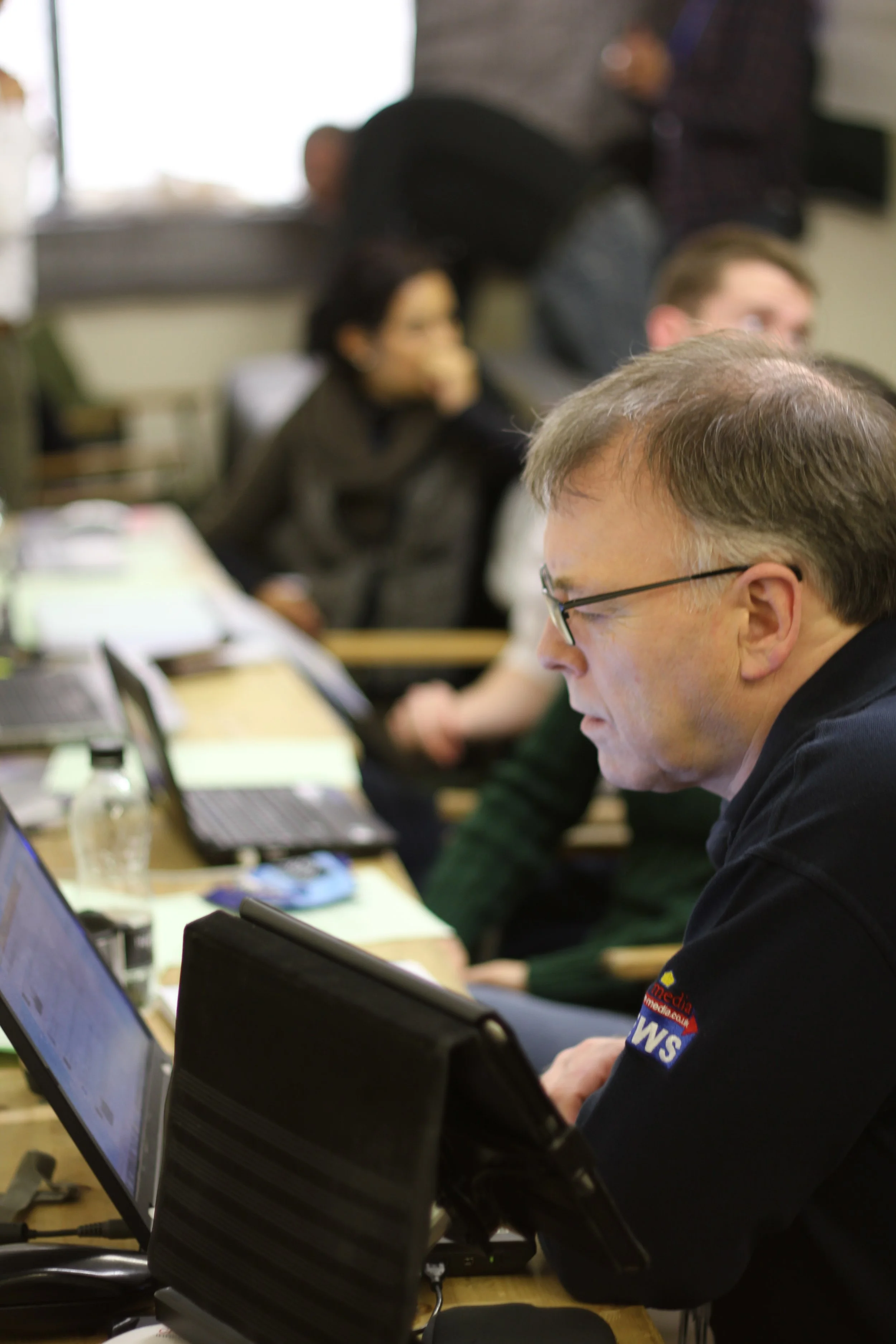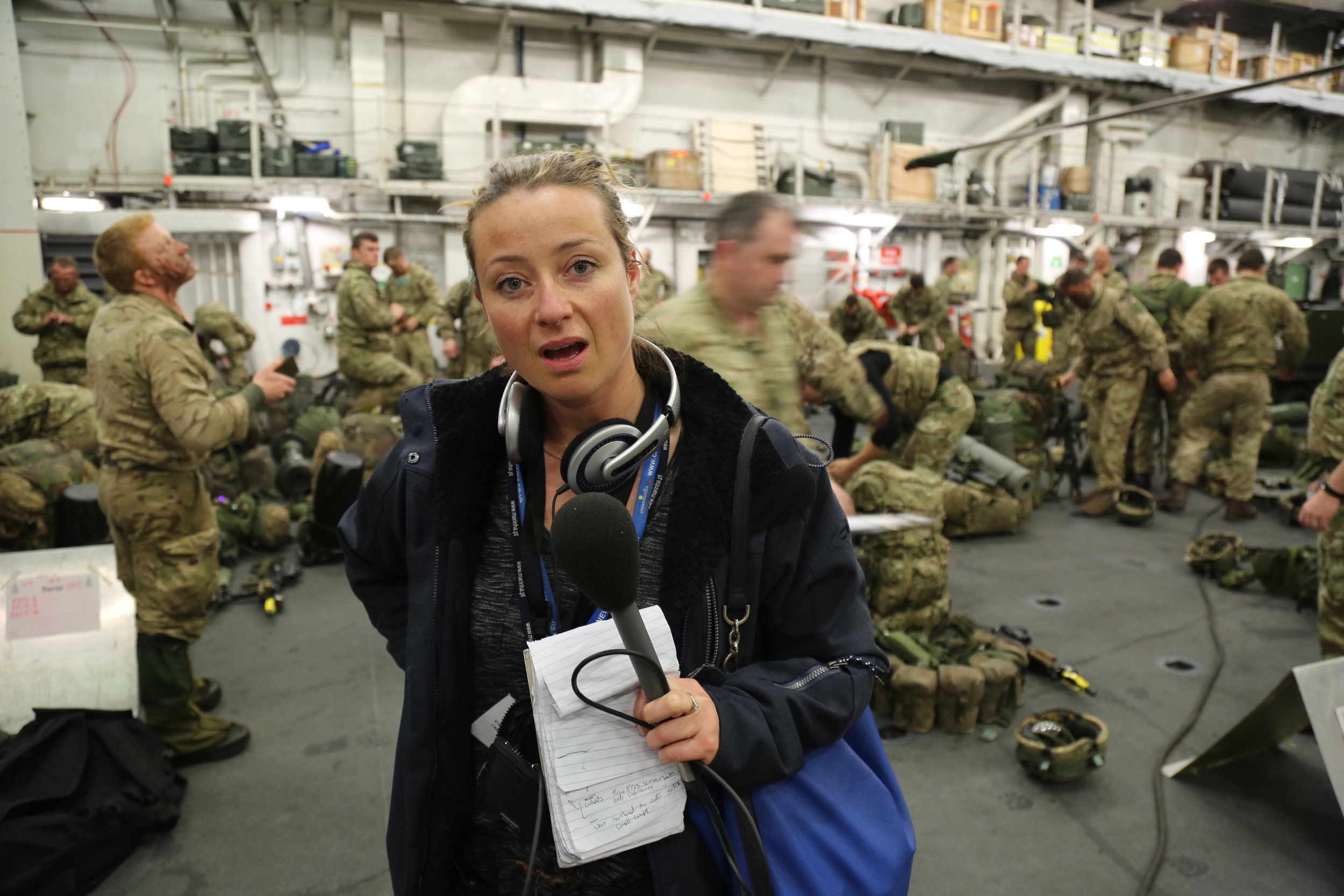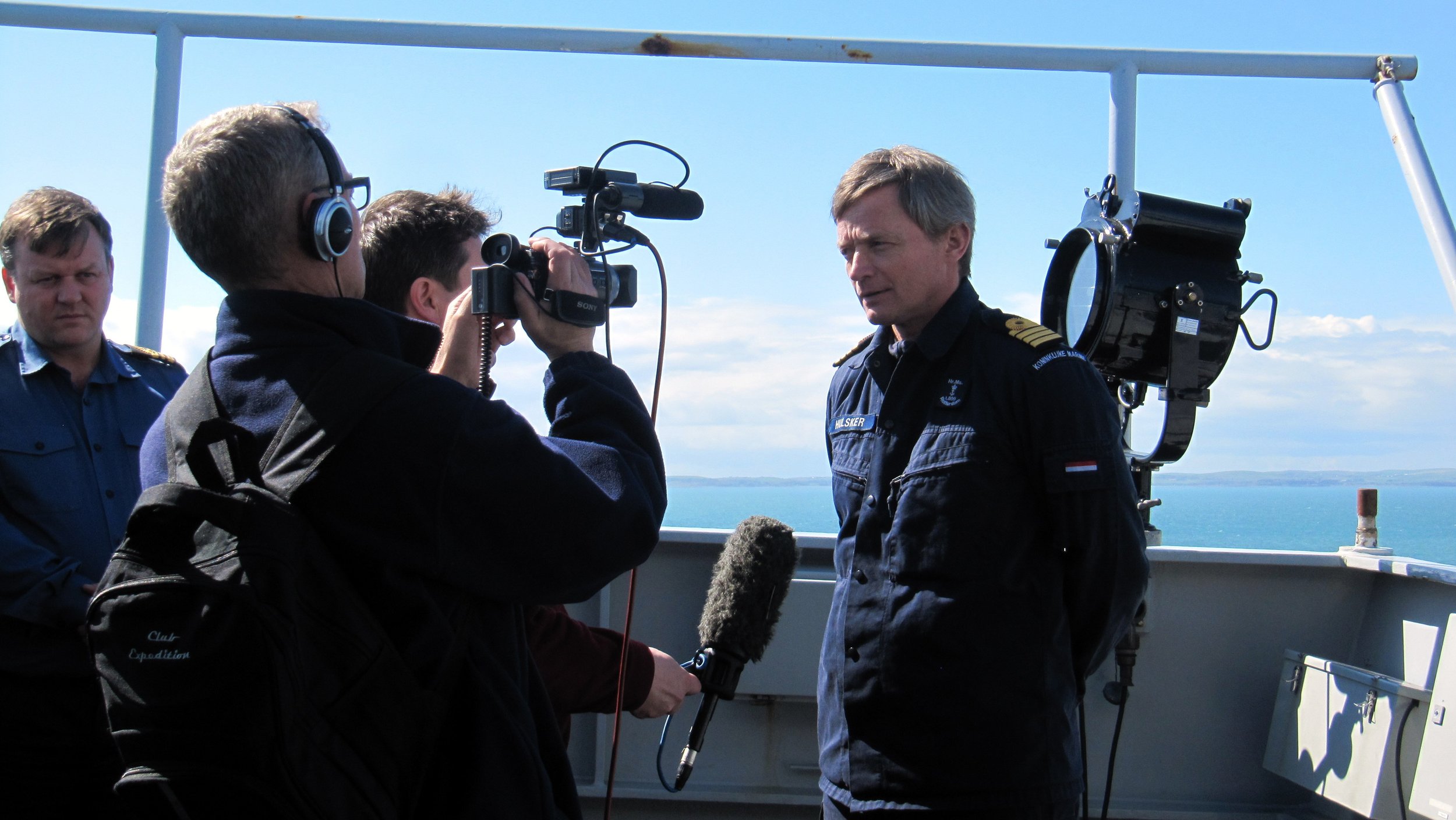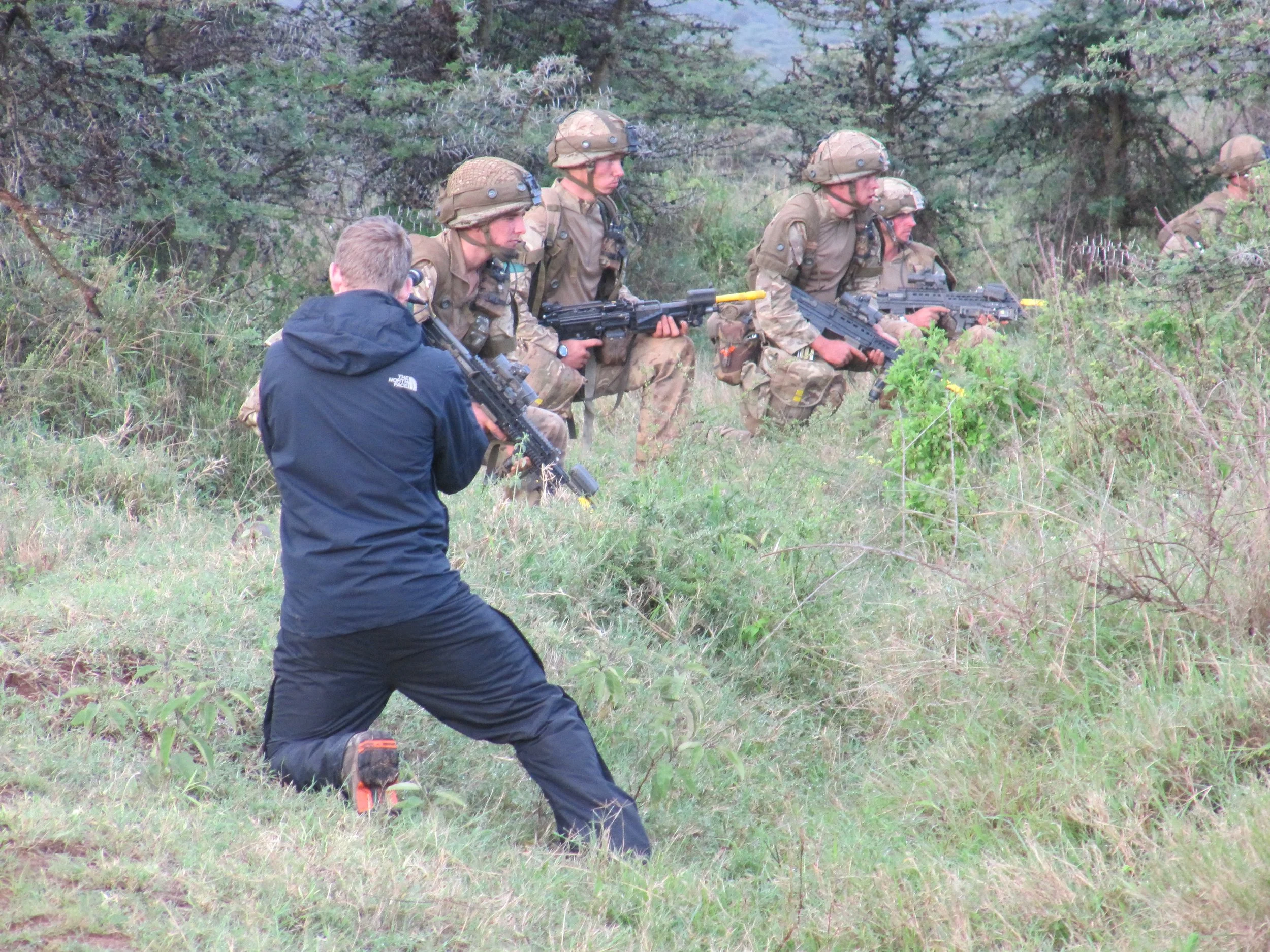
We have been providing media simulation to the
UK MoD and NATO continuously since 2006.
SIMPRESS CASE STUDIES
-
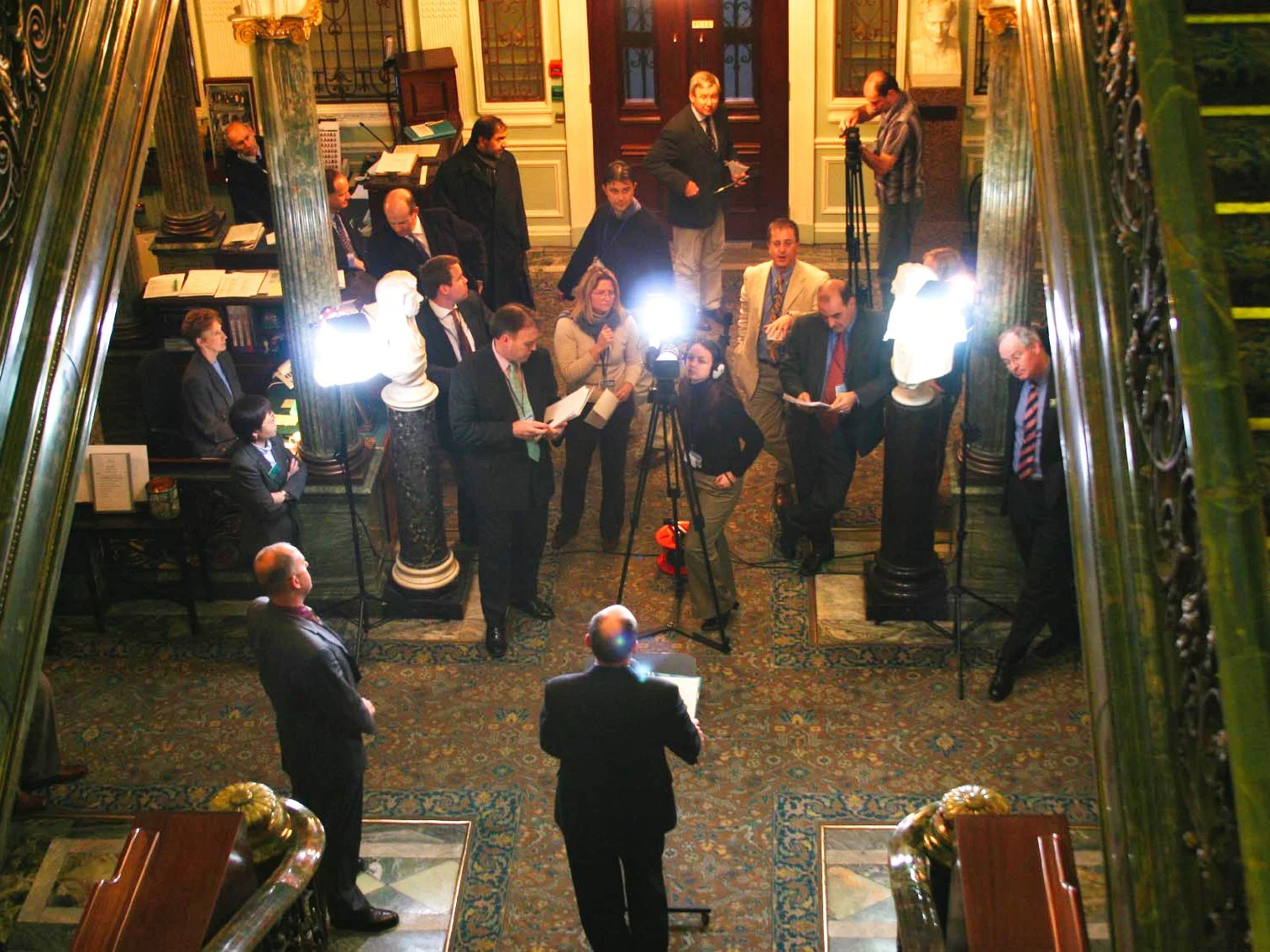
Case Study 1 - High Level Political Exercise
The prestigious Royal College of Defence Studies in London runs an exercise as the capstone event for college’s academic year. They exercise is designed to replicate multiple governments managing a serious of political crisis events. To achieve the full effect this requires a high degree of media simulation support. Crown Media works with the scenario writers to replicate a complex media and social media environment which has to be actively engaged with by the player governments. As part of the preparation for this challenging exercise Crown Media delivers lectures to the player audience, trains 100-plus members of the college training audience in media interview techniques and then delivers realistic media engagement during the exercise. This includes, print, web, social media and television news content.
-
Case Study 2 - Complex UK-led HQ Exercise
The UK’s Joint Warfare is the organisation which, among other activities, is tasked with maintaining two deployable headquarters (at one and two star level respectively). The headquarters are maintained at readiness to deploy under any of a number of different operational circumstances and might include being part of the Joint Expeditionary Force (JEF) an alliance of 10 northern European nations. A key element for these headquarters is their ability to work effectively in the media and information domains. That requires a high level of media and social media simulation to ensure that the exercise scenario is as testing as possible. Crown Media provides specialised media simulation teams that can create multiple TV news channels from different neutral and hostile perspectives, as well as a range of print and other media products.
-
Case Study 3 - Navy Strike Group Exercises
As part of a major reorganisation within the Royal Navy, two new major exercises types were developed to support the new Carrier Strike Group (CSG), and the reorganised amphibious warfare exercise for the Littoral Response Group (LRG). The increasingly complex exercise requirement reflects an increasingly uncertain shift in interstate competition in period of high tension and limited positional warfare. In these circumstances there is a significant focus on the media and information domains. Crown Media supports these exercises by providing carefully selected teams that can create the media activities and content necessary to realistically create complex and tense international media environments.
-
Case Study 4 - Naval Work Up Training Exercise
Fleet Operational Sea Training (FOST) is the organisation within the Royal Navy that trains and assesses the crews of warships to ensure that they are capable of operating at the highest intensity. Crown Media provides teams to train and assess a crew’s ability to host the media and communicate their missions effectively. A variety of different exercise scenarios are involved including routine media visits to ships, support to humanitarian crises and evacuation exercises. Combined teams of TV and radio journalists join the crew and report on the command team’s and the ship’s company’s ability to communicate their mission through the media to the public. The Crown Media team then produces news reports in scenario that reflect how effectively or otherwise the communication was conducted.
-
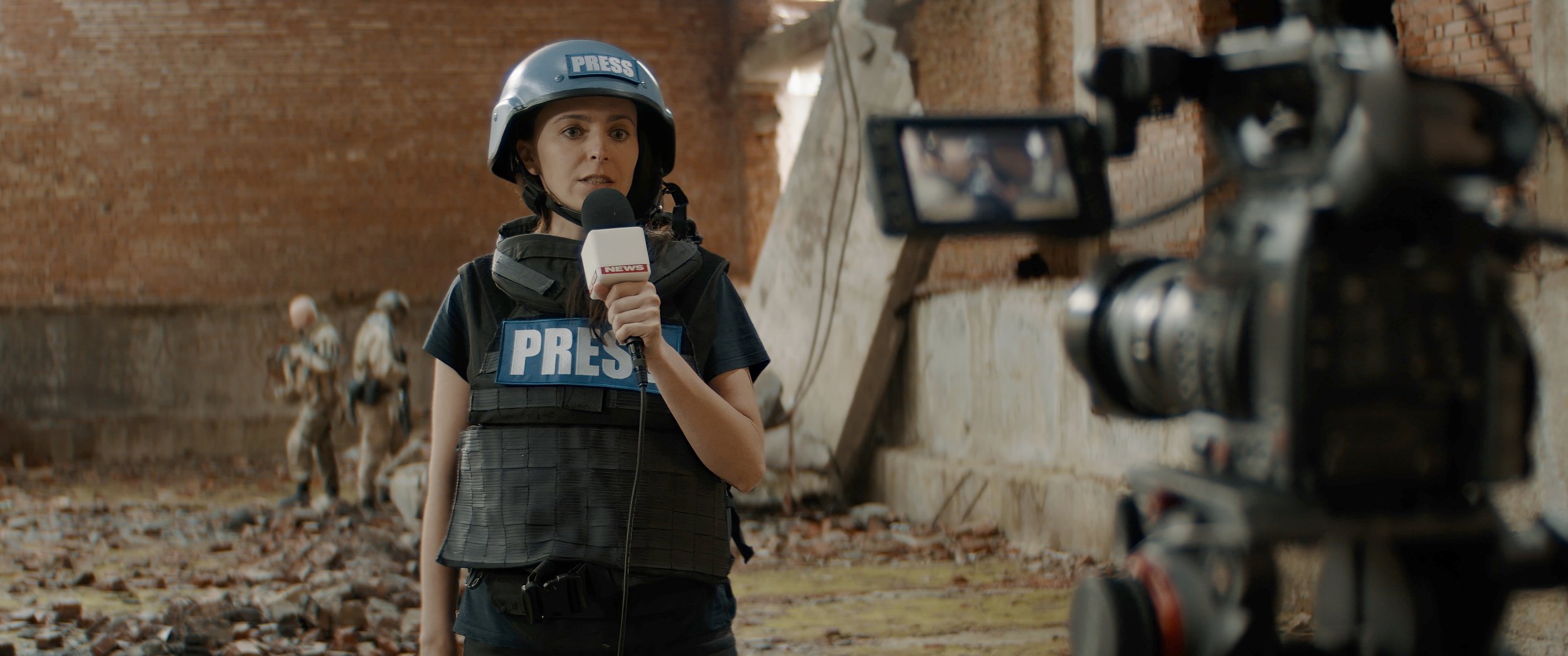
Case Study 5 - Combat Simulation Exercise
The British Army’s Combat Ready Training Centre (CRTC) runs highly-realistic simulated combat field training exercises (FTX) on Salisbury Plain. Crown Media provides media teams (usually but not always limited to TV news crews) who act as embedded journalists with the unit undergoing training. Their presence has to be managed in terms of how the training audience communicates; how the relationship is managed; how they are escorted; moved to positions where they can film and report effectively and how operational security relating to events is managed. At the end of each phase of the exercise the Crown Media team creates news reports that can be played into the training audience’s After-Action Review process and which reflect the effectiveness with which the unit has managed that relationship.
-

Case Study 6 - Challenging African Field Exercises
The British Army Training United Kenya (BATUK) runs highly-realistic training exercises in the African bush to equip units with the ability to work operationally in highly-challenging environments. Units deploy to the country to complete a series of complimentary and increasingly complex operational challenges over a period of six to eight weeks. Crown Media provides teams that deploy with the exercising troops and the exercise management team. They provide TV news crews and social media journalists who conduct a mixture of free-roaming and embedded news reporting. They report in near real-time and their product and social media posts are uploaded from the field to the exercise website and social media simulation sites.
-

Case Study 7 - Media Training
Crown Media has been supporting courses that require realistic media skills training for the last 18 years. These may be self-contained training courses, or modules designed to be embedded within another training course. Examples of these include: the UK MODs Defence Spokesman’s Course which is specifically designed for those who are likely to become a focus of media attention such as subject matter experts, the Joint Media Practitioners Course for those who are selected to take up roles within the media management area, or the Royal Navy’s Commanding/Executive Officer’s Designate Course. This course is focussed on those taking command appointments on board ships or in high-profile roles. Crown Media provides them with the skills and experience to communicate effectively through the medium of media interviews.
-
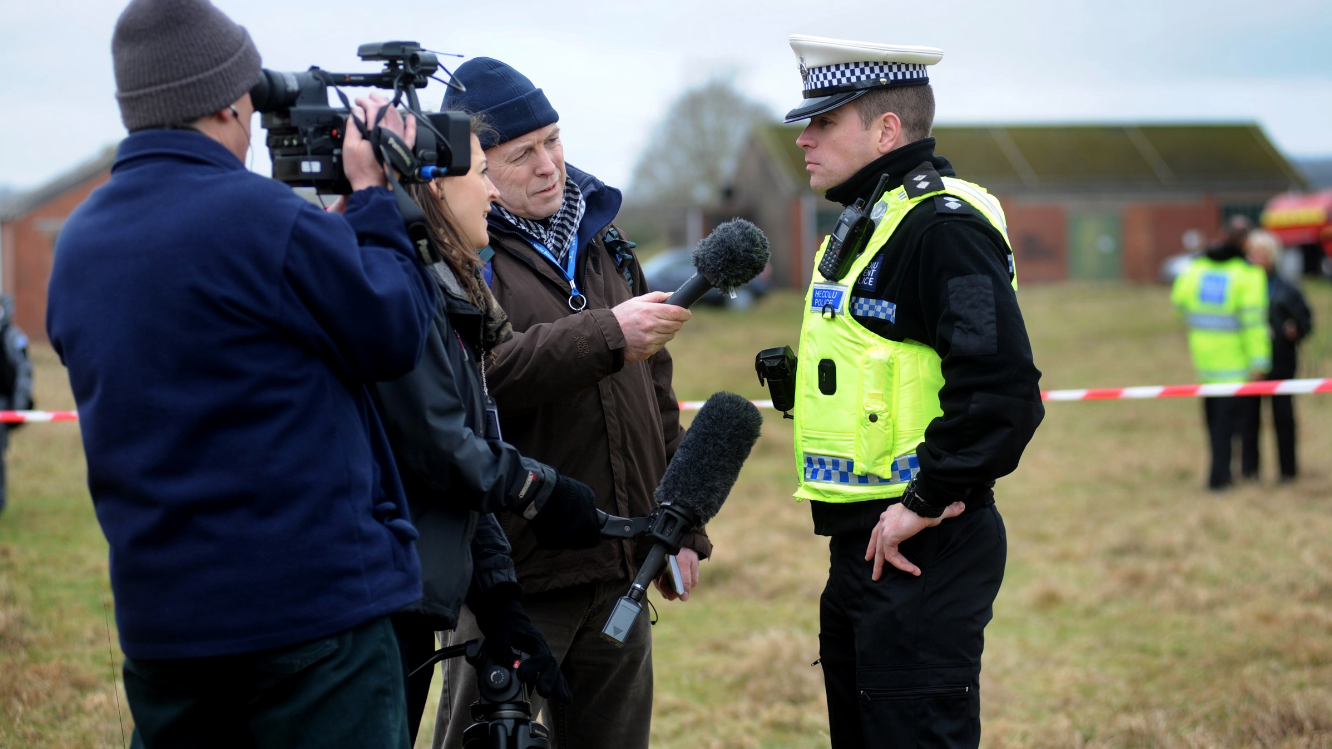
Case Study 8 - Major Air Accident Exercise
We know from our work with the UK Air Accident Investigation Branch that small-scale air accidents happen intermittently and fatal accidents, in particular, have to be fully investigated. Fortunately, large-scale air accidents, such as that at the Shoreham Air Show or Kegworth disaster, are few and far between due to the high standard in UK aviation. Despite that, organisations have to practice the management of significant accident events if they are to respond with maximum efficiency, rescue survivors and ensure public safety. The UK MOD is no different to other organisations in this regard and we have supported many major accident exercises involving large deployment responses by the emergency services. These are invariably complex exercises requiring significant involvement at the planning stage and designing teams that can create pressured media environments and the rapid production of realistic media product that reflects the efficiency of the coordinated response.

